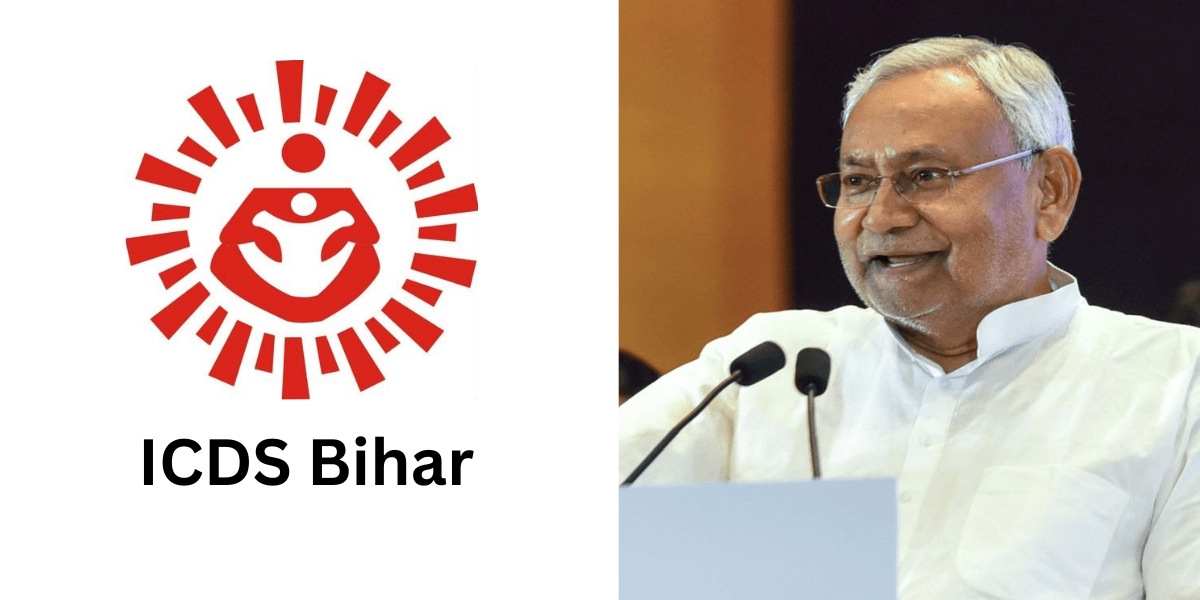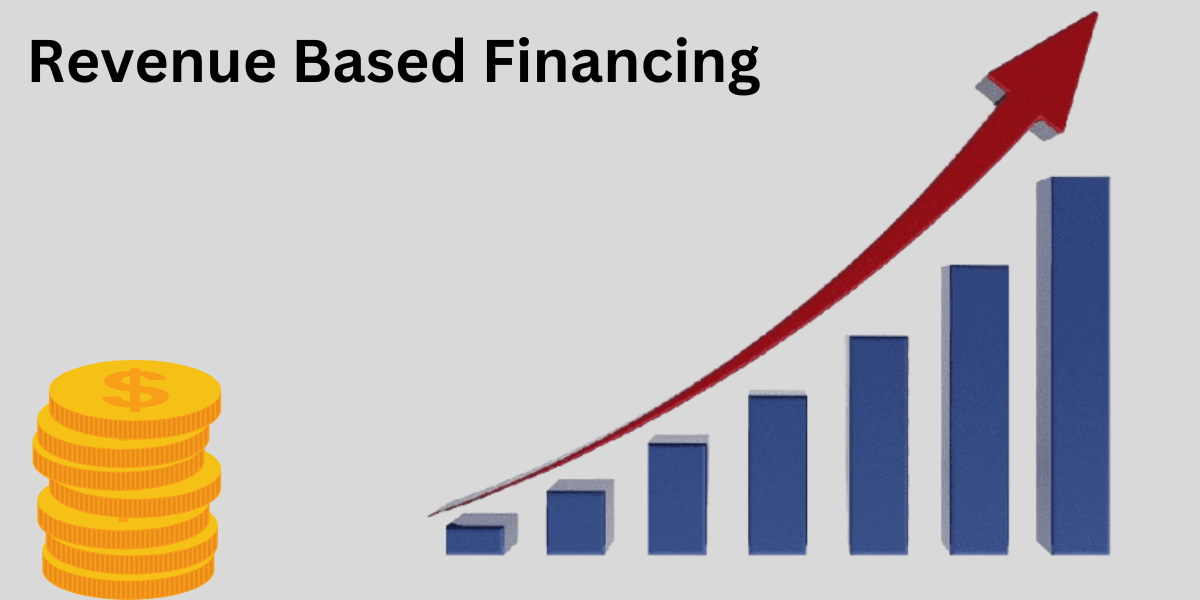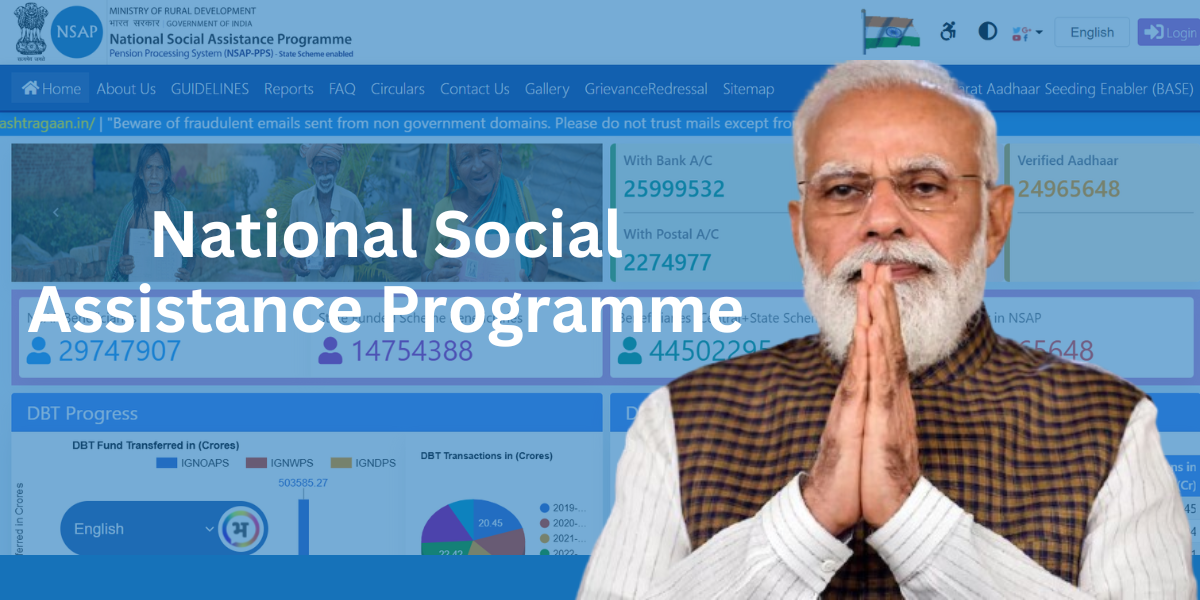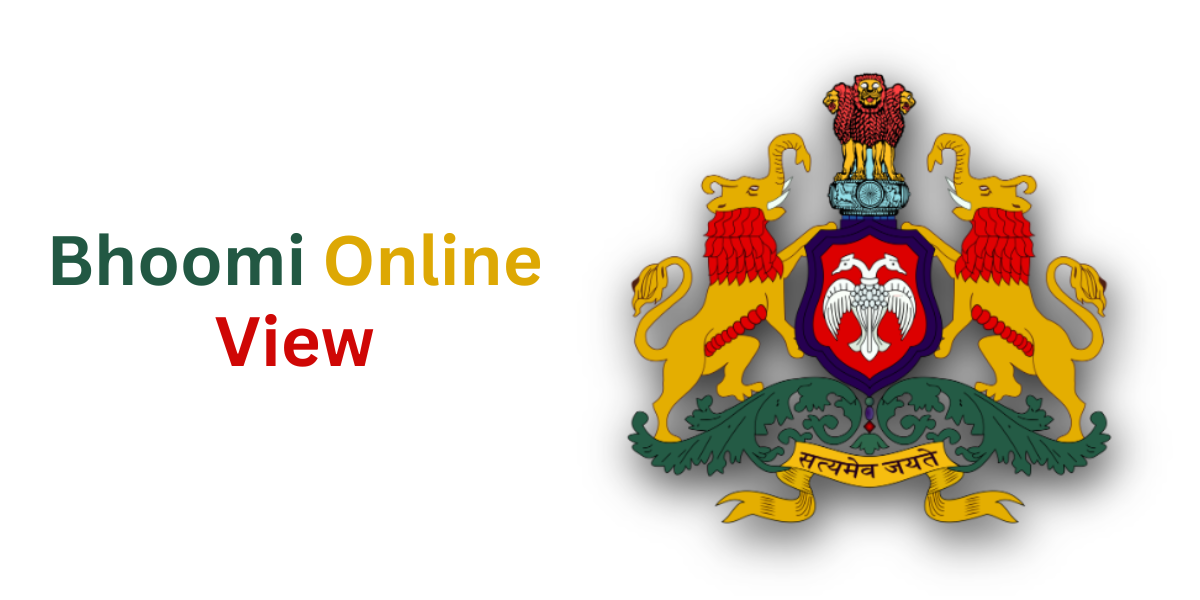A state such as Bihar, where millions of people are living in villages and far-flung locations, creates problems in getting proper care for children and mothers.
That is where ICDS steps in ICDS is a short form of Integrated Child Development Services. It is a government initiative so that children grow healthy and strong and their mothers get proper care.
What is ICDS?
The government of India initiated the Integrated Child Development Services program in 1975, mainly to minimize the nutritional and health problems of children below the age of 6 years and to address health, education, and nutrition problems faced by mothers.
This can be compared to a helping hand that ensures young children and mothers get the care and attention they need in their lives to lead healthy and happy lives.
Why is ICDS Important?
Most places, like Bihar, are torn by malnutrition, improper health care, and poor access to education for children and mothers. All these problems can freeze children’s proper development and prohibit mothers from caring for themselves and their children.
It is significant because:
- It prevents malnutrition: Because it gives them their required food and allows those children to grow healthily and strongly.
- It Supports Mothers: Pregnant women and new mothers receive advice and care to ensure they stay healthy.
- It Promotes Education: Early initiation of education brings young children to basic school preparation.
- Reduces Infant Deaths: As long as the health care and nutrition provided are proper, fewer babies fall sick or die in their infancy.
How Does ICDS Work?
The ICDS operates through a network of Anganwadi Centers (AWCs). These are small, rural and semi-urban centers set up in villages and towns to provide services directly to children and mothers. The Anganwadi workers and helpers are trained to deliver such services.
Some of the key services delivered by ICDS:
1. Supplementary Nutrition: A wholesome diet in the form of supplementary nutrition or even snacks is provided to children below 6 years and pregnant or nursing mothers so that the risk of malnutrition is avoided and all the vitamins and minerals they require are met.
2. Health Care: Anganwadis work in collaboration with health workers at their centres to facilitate basic health care service which includes vaccinations, health check-ups, and advice on healthy living.
3. Pre-school Education: Learning activities are instituted with the kids between the ages of 3 to 6 years at Anganwadi Centers. The activity prepares the kids for school and makes learning a fun activity.
4. Health Education for Mothers: Mothers are educated about hygiene, proper feeding, and the child’s health.
5. Referral Services: If a child or mother is to be more seriously treated in the hospitals or healthcare centers, they are referred.
ICDS in Bihar
Bihar is one of the states wherein the ICDS occupies an exceptionally important position. The population is huge and most people are in rural areas, increasing health and nutrition requirements within these regions. Through encouragement by the central government, the Bihar state government has created thousands of Anganwadi Centers.
Achievements of ICDS Bihar:
- Improved Nutrition: Many children and their mothers are now gaining three-time meals through the Anganwadi Centers in Bihar, and malnutrition in that region has also decreased.
- Awareness: The mothers are aware enough about taking proper care of a child’s health and nutrition.
- Easy Access: Immunization and general check-ups are nowadays more accessible even in far-flung areas.
- Education for Kids: Many young kids are getting an education from a younger age, which helps them when they enter school.
Challenges Faced by ICDS in Bihar
While much has been achieved in ICDS Bihar, there are still challenges to be overcome.
- Resources: There are some Anganwadi Centres without proper buildings and no toys or learning materials for children.
- Staff Shortage: There are fewer numbers of trained people to cater to the services of every village or area.
- Delayed Supplies: Food or other healthcare supplies sometimes reach centers very late.
- Awareness: Very few family members are aware of the services that ICDS offers, thus always in search of them.
The government intends to overcome this problem by introducing better infrastructure, recruiting more workers, and increasing public awareness about ICDS.
How ICDS Helps Families
The services provided by ICDS have made a big difference in the lives of many families in Bihar. Here are some examples of how it helps:
- Healthy Children: With regular meals and health checkups, children grow up stronger and fall sick less often.
- Confident Mothers: Mothers feel more confident about taking care of their children because they have the right information and support.
- Better Education: Early childhood education helps children develop skills like speaking, counting, and drawing, which are useful when they start school.
- Support for Pregnant Women: Pregnant women receive advice on staying healthy and delivering safely, which reduces risks for both mother and baby.
How You Can Support ICDS
Even as a student, there are ways you can help support programs like ICDS:
- Spread Awareness: Tell your family and friends about the services offered by ICDS so more people can benefit.
- Volunteer: If there’s an Anganwadi Center in your area, ask if you can help with activities like storytelling or organizing events for kids.
- Learn and Share: Stay informed about issues like malnutrition and healthcare, and encourage others to care about them too.
Conclusion
ICDS Bihar is a lifeline for many children and mothers in the state. By providing food, healthcare, and education, it ensures that families have a strong foundation for a better future. While there are challenges, the program has brought positive changes to countless lives.
Read More Blogs:)
National Social Assistance Programme: Helping India’s Most Vulnerable
















Leave a Reply